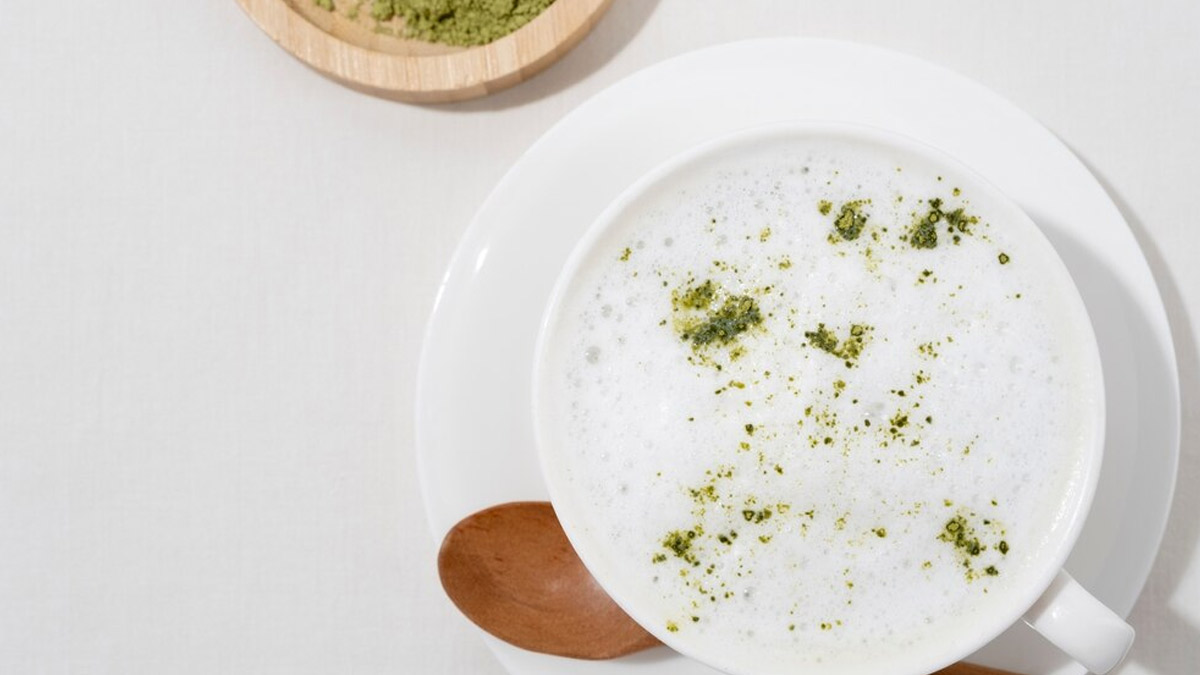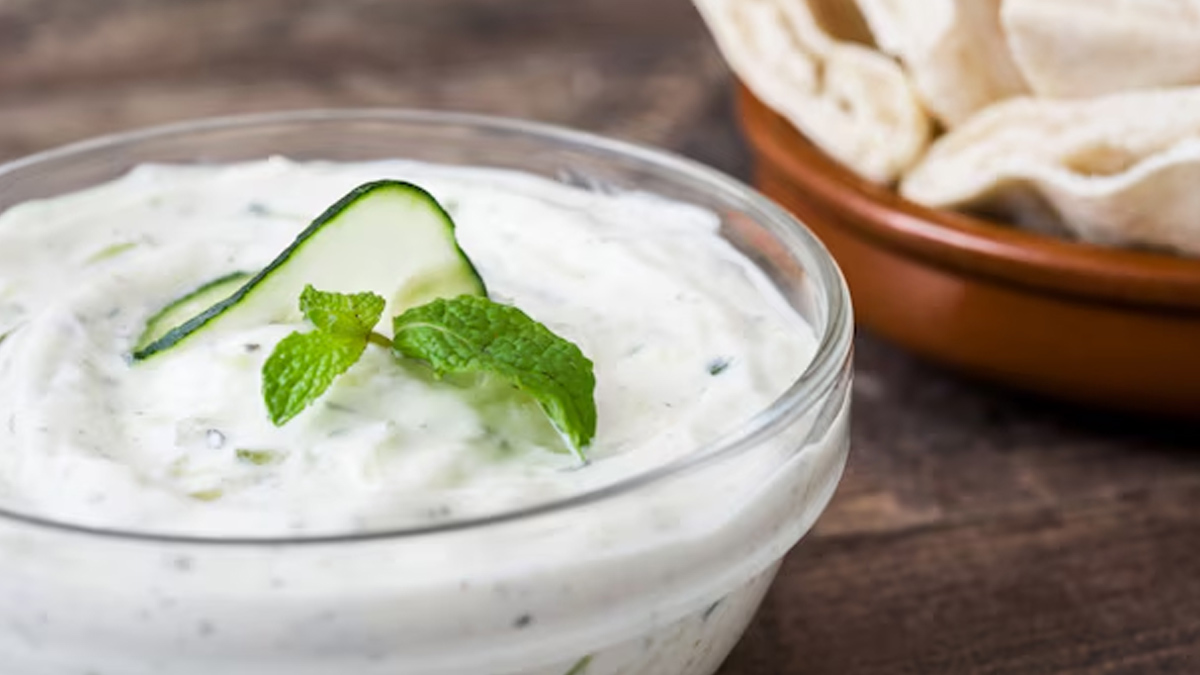
When we talk of dairy alternatives, plant-based milk and yoghurt have become household names. But have you heard of vegan curd? This lesser-known option is gaining popularity among vegans, vegetarians, and those looking for lactose-free dairy substitutes.
But what exactly is vegan curd, and why should you consider adding it to your diet?
What is Vegan Curd?
Traditional curd, also known as yoghurt, is a fermented dairy product made from milk. Vegan curd, on the other hand, achieves a similar texture and taste using plant-based milks like soy milk, coconut milk, almond milk, or cashew milk. Live cultures, typically bacteria like Bifidobacterium and Lactobacillus, are then introduced to ferment the milk alternative, resulting in a thick, slightly tangy product with a creamy texture.

Health Benefits of Vegan Curd
According to a study published in MDPI’s ‘Nutrients,’ vegan curd isn't just a delicious substitute; it boasts a range of potential health benefits:
- Rich in Probiotics: Similar to traditional curd, vegan curd is fermented with live cultures. These probiotics offer gut health benefits, aiding digestion, potentially boosting the immune system, and promoting a healthy gut microbiome.
- Lactose-Free: As a plant-based product, vegan curd is naturally lactose-free. This makes it a safe and enjoyable option for those with lactose intolerance.
- Lower in Saturated Fat: Compared to dairy curd, vegan curd options made with certain plant milk, like almond milk or soy milk, tend to be lower in saturated fat. This can be beneficial for heart health.
- Cholesterol-Free: Vegan curd is naturally cholesterol-free, unlike its dairy counterpart. This can benefit heart health by reducing the risk of cardiovascular diseases.
- Fortified with Nutrients: Many vegan curds are fortified with essential nutrients like calcium, vitamin B12, and vitamin D. These added nutrients can help address potential deficiencies commonly associated with vegan diets.
- Good Source of Protein: Depending on the plant milk base, some vegan curds can be a good source of protein. Options like soy milk curd can offer significant protein content, important for building and maintaining muscle mass.
Also Read: Expert Suggests Plant-Based Diet Can Help You Keep Your Allergies At Bay

Choosing the Right Vegan Curd
With the growing popularity of vegan curd, a wide range of options are available. Here are some factors to consider when choosing the right one for you:
- Plant Milk Base: Consider your taste preference and dietary needs. Almond milk curd might be a good choice for those seeking a nut-based option, while soy milk curd offers a higher protein content.
- Sugar Content: Some vegan curds can be high in added sugar. Look for options with minimal added sugar or choose unsweetened varieties and add your own natural sweeteners like fruit or honey.
- Live Cultures: Choose vegan curds with live and active cultures to maximise the potential gut health benefits.
- Fortified Nutrients: If you're concerned about meeting specific nutrient requirements, opt for vegan curds fortified with calcium, vitamin B12, or vitamin D.
Also Read: Converting To A Plant-Based Diet? Here Are Health Considerations And Tips For Easy Transition
Vegan curd is more than just a trendy food; it's a delicious and healthy option for those seeking a plant-based alternative to traditional curd. With its potential gut health benefits, lactose-free nature, and lower saturated fat content compared to dairy curd, it offers a compelling choice for a variety of dietary needs. So, next time you're at the grocery store, consider exploring the world of vegan curd. You might just discover a new favourite addition to your healthy and delicious meals!
Also watch this video
How we keep this article up to date:
We work with experts and keep a close eye on the latest in health and wellness. Whenever there is a new research or helpful information, we update our articles with accurate and useful advice.
Current Version